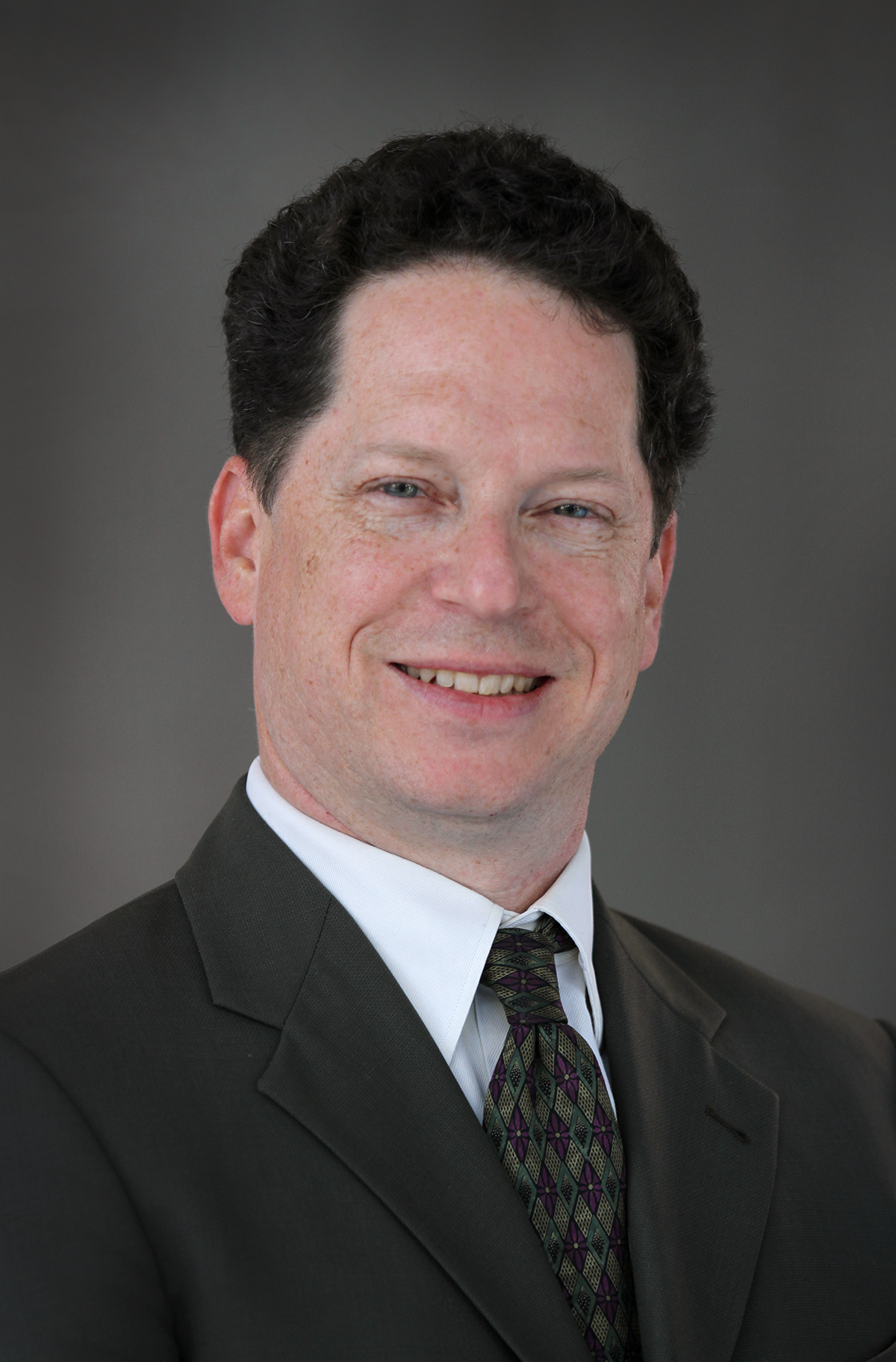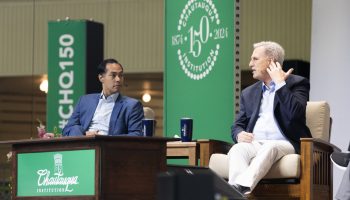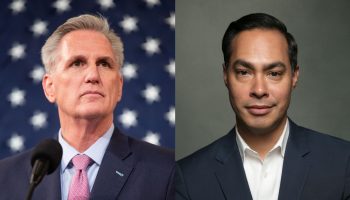Scott Kennedy’s grandfather, an engineer, visited China in the mid-1980s. At the time, Kennedy was a student at the University of Virginia, studying Spanish.
His grandfather, who had noted China was on the brink of economic reform, recommended Kennedy study Chinese instead.
“I think it’ll be really interesting to learn about,” Kennedy remembers his grandfather telling him.
He started learning Chinese in 1986. Two years later, he visited China for the first time and “got addicted.”
Kennedy, who will speak at 10:45 a.m. Tuesday in the Amphitheater, is the deputy director of the Freeman Chair in China Studies and director of the Project on Chinese Business and Political Economy at the Center for Strategic and International Studies in Washington, D.C.

Since 1988, when he first visited China, he estimates that he has lived in the country for a cumulative six or seven years. He has written and contributed to several books on Chinese economics and government, and usually goes to China six to eight times a year. He likes to joke that he spends 20 percent of his time in China, 75 percent in the United States and 5 percent on United Airlines.
In his lecture he will focus on U.S.-China relations, and the possibility that “the U.S. and China are trading places economically, politically, globally.”
“China is growing quickly. It seems inevitable China will be a superpower,” Kennedy said. “At the same time, the United States, at least from the perspective of Washington, is in the midst of a very chaotic period and transition.”
The Trump administration’s protectionism and lack of faith in the multilateral order, its preference to work “deal by deal” and avoid long-term trade arrangements or alliances, is much like how China used to behave, Kennedy said.
“People look at the Great Depression and World War II as an example of a period when we didn’t have a clear multilateral trading order,” Kennedy said. “One of the consequences was a race to a the bottom in protectionism, which helped spur World War II in some ways.”
While there are aspects of the multilateral trading order that could be improved, Kennedy said, the gains of the United States’ involvement far outweigh the costs.
“The benefits of having such an order are so clear and obvious to most people,” Kennedy said.
These benefits are ones lay people can appreciate. Kennedy said products like smartphones, laptops and cars are invented, produced and marketed through global supply chains. Thanks to these chains, products are made faster and more cheaply and are available in more places. As a country, being part of the system results in more jobs.
China’s involvement in the global economy shows many of those positive effects. Since his first trip in the ’80s, Kennedy has noted many changes in the country. There are outward signs of wealth: Many Chinese use expensive cellphones and own cars, and the infrastructure has advanced. China is a 21st-century society, Kennedy said, but one with lingering aspects of the 20th century and even the 19th century rubbing up against modernity, where it’s possible to see farmers pedalling around on bikes, steel workers and internet startup employees all on the same street corner.
But the current Chinese leadership views the United States “quite warily” and “feels the United States is trying to contain China,” Kennedy said. It mostly comes down to the two countries’ conflicting interests and conflicting systems, so looking forward, the United States needs to formulate policies for dealing with China, particularly on conflicts like North Korea and the South China Sea.
“Right now, we don’t have a good strategy,” Kennedy said.
He thinks the Trump administration was acting “from the heart” by moving toward protectionist policies, but “their brain is not connected to their heart.”
Think tanks like CSIS have the ongoing task of developing plans with long-term goals, he said.
“But of course, we can’t do it alone,” he said. “It requires a well-educated society that’s engaged.”




